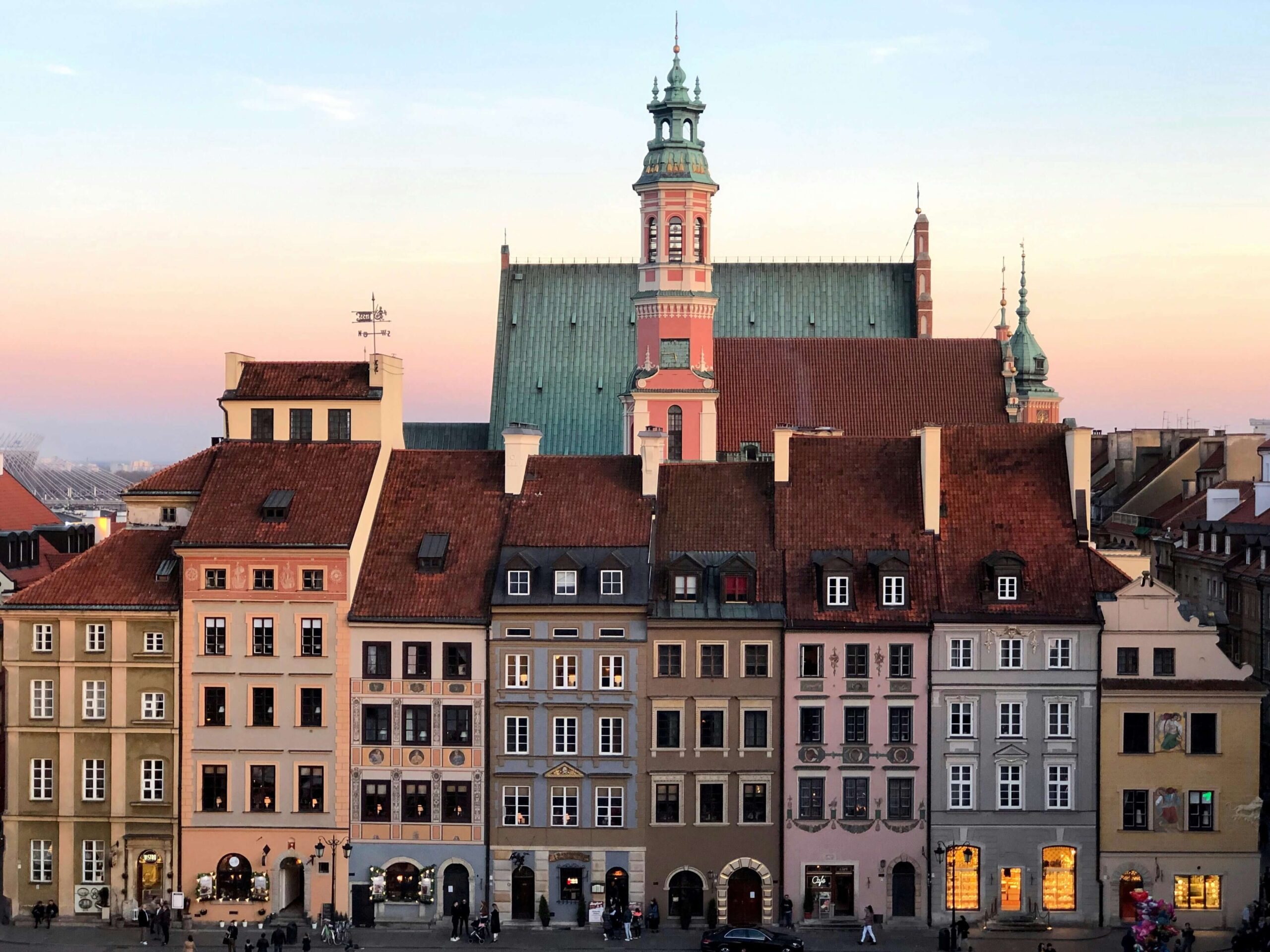TechRound
4w
240

Image Credit: TechRound
Top Unicorns in Poland
- Poland has a thriving startup scene, with more than 3,000 startups nationwide and an ever-growing number of VC firms. Poland has the 33rd-best startup environment in the world.
- Poland experienced a growth rate of 3.7% between 2012 and 2022 as opposed to 2.5% average across the rest of Eastern Europe.
- Warsaw is both the largest city in Poland and a major tech hub. Major cities including Warsaw, Wroclaw and Kraków have emerged as important startup hubs.
- Operational costs are fairly low in Poland, including costs for office space and general expertise. Furthermore, labour is pretty cheap while still being of high quality.
- Poland is both part of the European Union (EU) and has easy and convenient access to European markets more generally.
- The Polish government provides funding programmes and grants for startups including tax breaks, innovation subsidies, and incentives for research and development. The country also benefits from EU structural funds aimed at supporting technology, innovation, and entrepreneurship.
- Docplanner based in Warsaw, Poland is the country’s one and only unicorn, having reached its $1 billion valuation in September 2021. Docplanner provides an online booking platform in the healthcare sector that allows users to make doctors’ appointments, manage patients and calendars more generally.
- Poland’s universities have produced thousands of highly qualified graduates, especially in STEM (science, technology, engineering and mathematics) fields.
- The investment climate in Poland has grown significantly in recent years, with both domestic and international investors beginning to recognise the potential of Polish startups.
- The legal framework in Poland makes it easier than in other countries for entrepreneurs to start and run businesses. The country’s laws also provide IP protection, making it a safer environment for innovators and tech startups.
Read Full Article
14 Likes
For uninterrupted reading, download the app